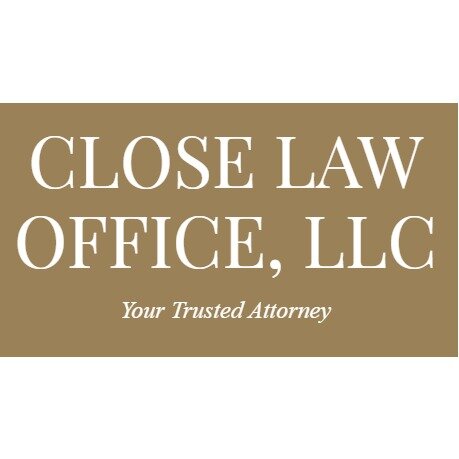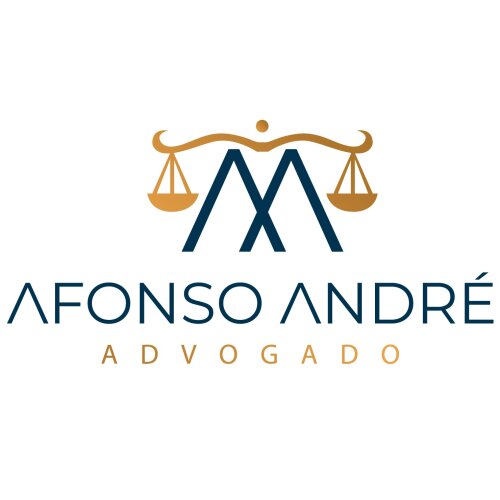Best Lawyers in Angola
Share your needs with us, get contacted by law firms.
Free. Takes 2 min.
Or refine your search by selecting a city:
List of the best lawyers in Angola
About Hiring a Lawyer in Angola
Hiring a lawyer in Angola is a structured process that involves several steps. Firstly, it is advisable to identify your legal needs and the type of legal assistance required. Angola has a growing number of law firms and independent legal practitioners, many specializing in different areas such as corporate law, criminal law, civil law, and family law. Once your needs are established, seeking recommendations from trusted sources or consulting the Angolan Bar Association (Ordem dos Advogados de Angola) can be helpful in finding qualified lawyers. Initial consultations are common, and they provide an opportunity to discuss your case, understand legal fees, and evaluate if the lawyer is a right fit for you.
Why You May Need a Lawyer
There are numerous situations where legal assistance could be necessary or advantageous in Angola. Common situations include drafting or reviewing contracts for personal or business purposes, dealing with property transactions, navigating family law issues such as divorce or custody arrangements, facing criminal charges, or addressing employment disputes. Additionally, engaging a lawyer can be essential for business compliance and understanding the regulatory frameworks, which are particularly crucial for foreign entities operating within Angola. Lawyers can also offer guidance and representation in court proceedings.
Local Laws Overview
Angola’s legal system is rooted in Portuguese civil law, and it has evolved to include various new legislative frameworks post-independence. Key legal domains relevant to legal practitioners include commercial law, which governs business operations, labor law, which protects workers and regulates employment contracts, and the Land Law, which addresses property ownership and use. The country also places significant emphasis on its oil and gas laws due to its rich natural resources. Understanding these laws is crucial for lawyers and those seeking legal advice in Angola, as compliance and due process can greatly affect both personal and business outcomes.
Frequently Asked Questions
How do I know if a lawyer is licensed to practice in Angola?
You can verify a lawyer’s credentials through the Angolan Bar Association, which maintains a list of licensed professionals.
What should I bring to my initial consultation with a lawyer?
Bring any relevant documents related to your legal matter, such as contracts, correspondence, or previous legal documents. This will help the lawyer assess your situation accurately.
How are legal fees typically structured in Angola?
Legal fees in Angola can vary. Some lawyers charge hourly rates, while others may offer fixed fees for specific services. Discuss fee structures upfront during your initial consultation.
Can I get free legal advice in Angola?
Some organizations and legal aid services in Angola offer free or low-cost legal advice for individuals who cannot afford to pay. Check with local NGOs or government offices for assistance.
Do lawyers in Angola specialize in particular areas of law?
Yes, many lawyers specialize in specific areas such as corporate law, family law, real estate, criminal law, and more. It's important to choose a lawyer with relevant expertise for your legal needs.
How long does it typically take to resolve a legal case in Angola?
The duration varies greatly depending on the complexity of the case, the area of law, and current judicial backlogs. Some cases may resolve quickly, while others may take several months or years.
Is mediation a viable option for dispute resolution in Angola?
Mediation is increasingly used as an alternative dispute resolution method in Angola, offering a potentially quicker and less adversarial process than traditional litigation.
What should I do if I am unhappy with my lawyer’s service?
If you are dissatisfied, communicate your concerns directly with your lawyer. If unresolved, you can file a complaint with the Angolan Bar Association.
Are there any language barriers in legal proceedings for non-Portuguese speakers?
Legal proceedings are typically conducted in Portuguese. If necessary, interpreters can be arranged to assist non-Portuguese speakers.
How can I assess a lawyer’s reputation before hiring them?
Seek referrals, research online reviews, and check their standing with the Angolan Bar Association to assess their reputation.
Additional Resources
For further assistance or information, consider referring to the following governmental and reputable resources:
Angolan Bar Association (Ordem dos Advogados de Angola) - An essential resource for verifying lawyer credentials and exploring more about legal aid services.
Ministry of Justice and Human Rights, Angola - Provides information on the justice system and related procedures.
Next Steps
If you need legal assistance in Angola, start by clearly identifying your legal needs. Research potential lawyers or firms with specialized expertise in your legal area. Arrange initial consultations to discuss your case and understand the lawyer’s approach and fee structure. Verify their credentials through the Angolan Bar Association, and ensure you are comfortable with your choice before proceeding. Remember, clear communication and understanding of your rights and obligations are key to successful legal representation.
Lawzana helps you find the best lawyers and law firms in Angola through a curated and pre-screened list of qualified legal professionals. Our platform offers rankings and detailed profiles of attorneys and law firms, allowing you to compare based on practice areas, experience, and client feedback.
Each profile includes a description of the firm's areas of practice, client reviews, team members and partners, year of establishment, spoken languages, office locations, contact information, social media presence, and any published articles or resources. Most firms on our platform speak English and are experienced in both local and international legal matters.
Get a quote from top-rated law firms in Angola — quickly, securely, and without unnecessary hassle.
Disclaimer:
The information provided on this page is for general informational purposes only and does not constitute legal advice. While we strive to ensure the accuracy and relevance of the content, legal information may change over time, and interpretations of the law can vary. You should always consult with a qualified legal professional for advice specific to your situation.
We disclaim all liability for actions taken or not taken based on the content of this page. If you believe any information is incorrect or outdated, please contact us, and we will review and update it where appropriate.
Refine your search by selecting a practice area.
Accidents & Injuries
Banking & Finance
Bankruptcy & Debt
Business
Civil & Human Rights
Consumer Rights
Corporate & Commercial
Criminal Defense
Employment & Labor
Energy, Environment & ESG
Family
Immigration
Insurance
Intellectual Property
Lawsuits & Disputes
Media, Technology and Telecoms
Notary Services
Private Client
Real Estate
Browse law firms by city in Angola
Refine your search by selecting a city.




































